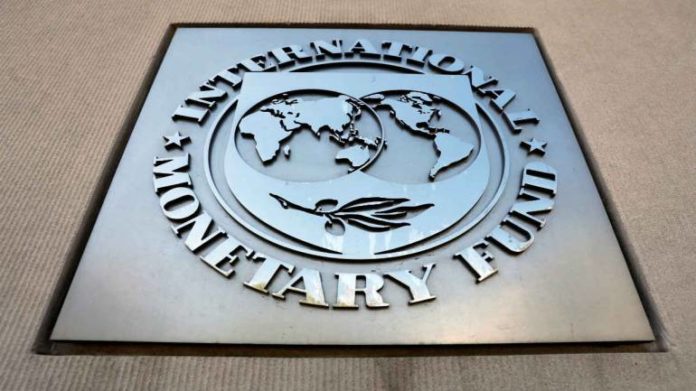The International Monetary Fund (IMF) has cautioned African governments to develop policies that would boost domestic revenue mobilisation before they enter the African Continental Free Trade Agreement (AfCFTA).
Even though the Fund said the AfCFTA will be a game-changer on the continent as it will increase the GDPs of member countries due to expected increase in inter-regional trade, it further cautions that some countries may lose up to 5 percent of their GDP to revenue losses from the scrapping of tariffs that will come with the implementation of the continental trade agreement.
“On average, the revenue loss may amount to about 0.5 percent to 0.8 percent of GDP, depending on the assumed elasticities. However, in a few countries, revenue losses may be as large as 3 to 5 percent of GDP. For these countries, authorities should define clear domestic revenue mobilisation policies on entering the AfCFTA,” the report noted.
The Regional Economic Outlook, sub-Saharan Africa report shows that customs revenue remains low in Africa, only just a small portion of such revenue coming from regional trade.
Between 2010 -2015, according to the IMF, customs revenue of the continent averaged about 2.5 percent of GDP, which further represents 16 percent of total tax revenue.
Again, within the same period, most countries’ customs revenues averaged less than 2 percent of GDP, with the exception of a few countries that exceeded 5 percent of GDP. Ghana’s imports revenue, for the period under review, averaged about 3 percent; Liberia topping with more than 7 percent.
But with countries like Cote d’Ivoire, Malawi, Zambia and Zimbabwe, imports from the region exceeded 35 percent of total imports, signaling risk of high revenue losses with the implementation of AfCFTA.
It is against this background that the IMF is cautioning African governments to implement policies that will shoot their domestic revenues up before they enter the trade agreement.
“Deeper regional trade integration is also likely to adversely affect fiscal revenues in a few countries which will need to design domestic tax revenue-raising strategies, while being mindful of possible growth and distribution effects,” it said.
The report urges agriculture-based and less diversified countries to combine trade policies with structural reforms that boost agricultural productivity to better leverage existing comparative advantage if they want to benefit from the regional trade agreement.
The report also recommends the development of a regional payment systems, introduction of swap arrangements across central banks, and the establishment of multicurrency clearing centres to facilitate and support trade integration.
Source: B&FT Online





